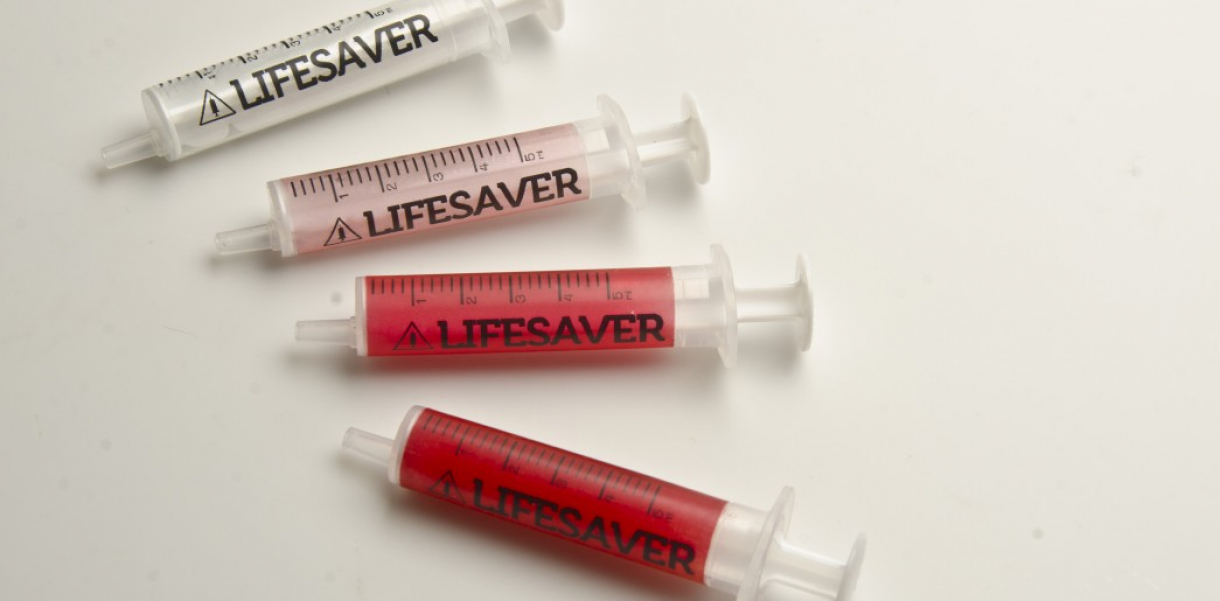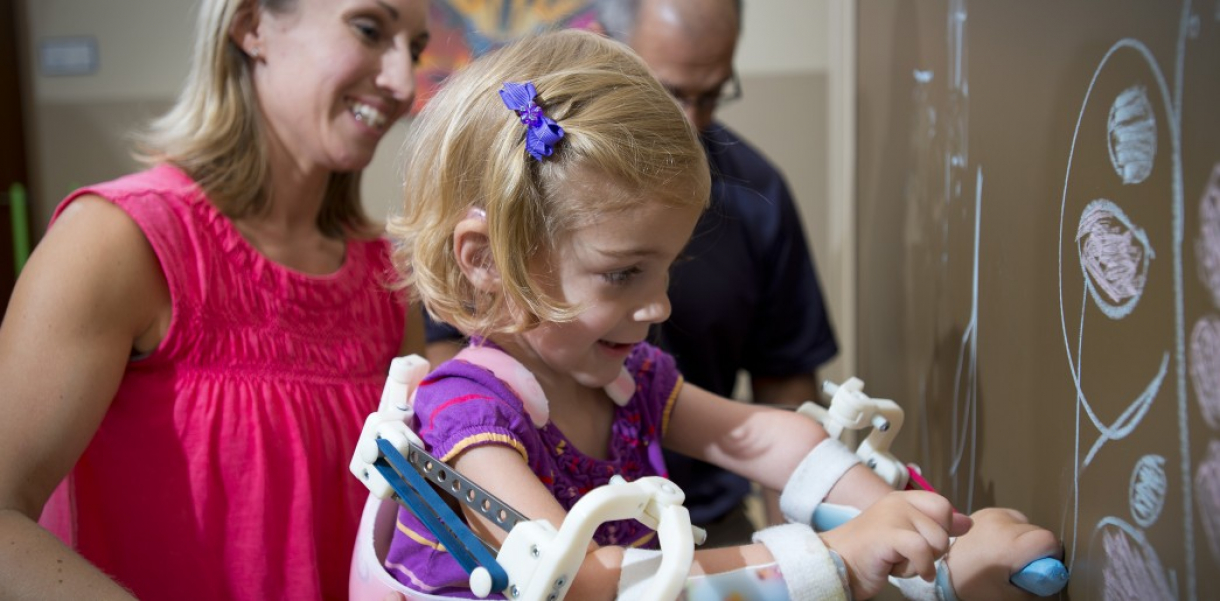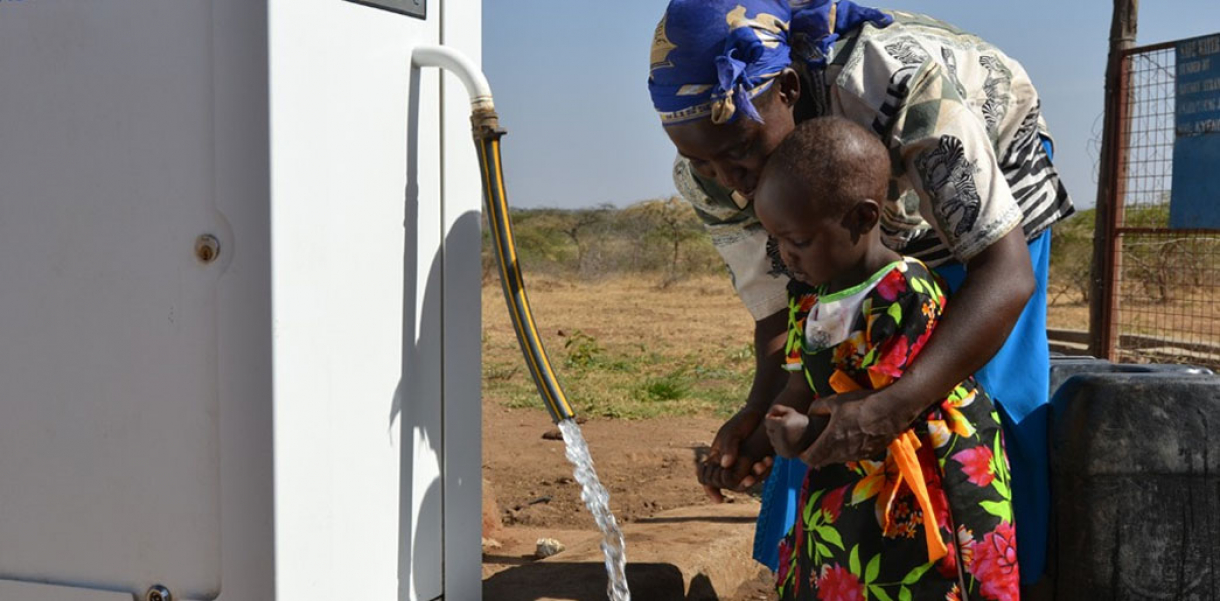A recent study conducted by the WHO indicates that each year, unsafe needle injections cause an estimated 1.3 million early deaths and an annual burden of US$535 million in direct medical costs. To address this, Dr. David Swann of Huddersfield University invented a pioneering syringe that provides a 60 second treatment window before turning an irreversible bright red - thereby sending a warning sign to patients of its prior use. A real lifesaver!
In the developed world, vaccines provide cures. In the developing word however, vaccines are often unsafe, and potentially fatal. Injections are one of the most common healthcare procedures performed in the world, and also one of the most dangerous. The World Health Organization (WHO) estimates that up to 40% of the 40 billion injections administered each year are delivered with syringes reused without sterilization, causing 5% of all new HIV cases, 32% of all Hepatitis B cases, and 40% of Hepatitis C cases.
Dr David Swann of Huddersfield University, however, is the bearer of good news as he offers a sensible solution to the problem - ABCs: A Behaviour Changing Syringe. ABCs is a transformative syringe designed to deter non-sterile use in India through the clever use of frugal technology that irreversibly changes the colour of the syringe to a bright red once used, in order to signal risk.
How does it work? The transformative syringe is packaged in nitrogen-filled pack, which ensures that the syringe remains colourless. When exposed to air, the o-crestolphthalein ink which is impregnated in the syringe’s barrel rapidly absorbs the CO2 and causes a permanent recolouration of the barrel. The system allows a 60 second treatment window – when the injection should be administered – and then turns the syringe bright red. The faceted barrel prevents retrofitment of normal pistons, and thereby avoids unsafe reuse.
The ABCs synthesizes theories of risk perception and the power of good design to influence behaviour. From theory to reality, Dr David Swann’s work paid-off when he tested the ABCs in India. There was a 100% accurate response to the red recolouration, with both literate and illiterate men, women, and children correctly identifying the red syringe as dangerous.
While Safety Syringes - also known as Auto Disposable Syringes - cost 200% more than ordinary syringes, inhibiting wide-scale adoption by healthcare practitioners, the ABCs technology costs only 0.16p more than an ordinary syringe. And good design – in particular life-saving and reliable design – ought to be this affordable.
Dr David Swann’s impact estimation indicates that by year 5, his design innovation will have prevented 700,000 unsafe injections, saved US$130 million in medical costs and 6.5 million life years - just like syringes ought to.




